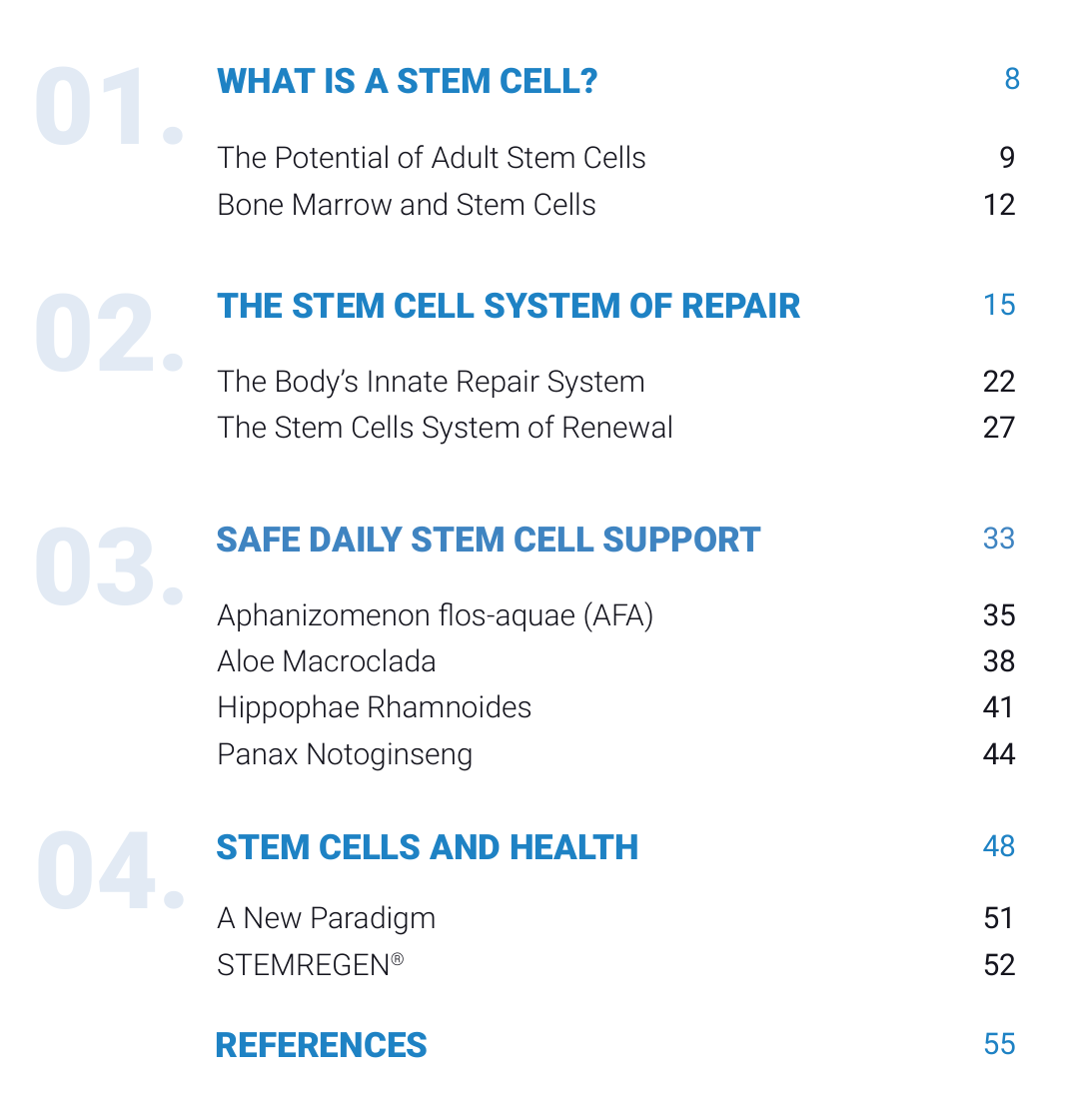Stemregen
The Human Repair System
The Human Repair System
Couldn't load pickup availability
The Human Repair System
By Christian Drapeau
Have you ever wondered what happens when you cut or burn your
skin, break a bone or have a heart attack? How does the body repair
itself?
When considering skin repair for example, the conventional view is that skin
cells called fibroblasts create an extracellular matrix made of collagen on
which epithelial cells proliferate and migrate to reconstitute the damaged
tissue. Although this process appears to explain the phenomenon of repair in
small superficial injuries, it cannot account for the repair of more significant
tissue damage. First, epithelial cells do not have the ability to differentiate
into all the various cell types involved in the full repair of the skin, like hair
follicles, sebaceous glands and sweat glands. Furthermore, epithelial cells or
other cell types generally do not proliferate at a rate that can account for the
rapid and extensive process of skin repair.
What has emerged over the past few decades, through a vast body of
scientific literature, is that the process of repair taking place in the body
involves bone marrow stem cells. In brief, when a tissue is subjected to an
injury or a significant stress, stem cells originating from the bone marrow are
called to migrate into the tissue where they proliferate and differentiate into
cells of that tissue, thereby supporting the repair process.
Download the eBook to learn more.
Share




